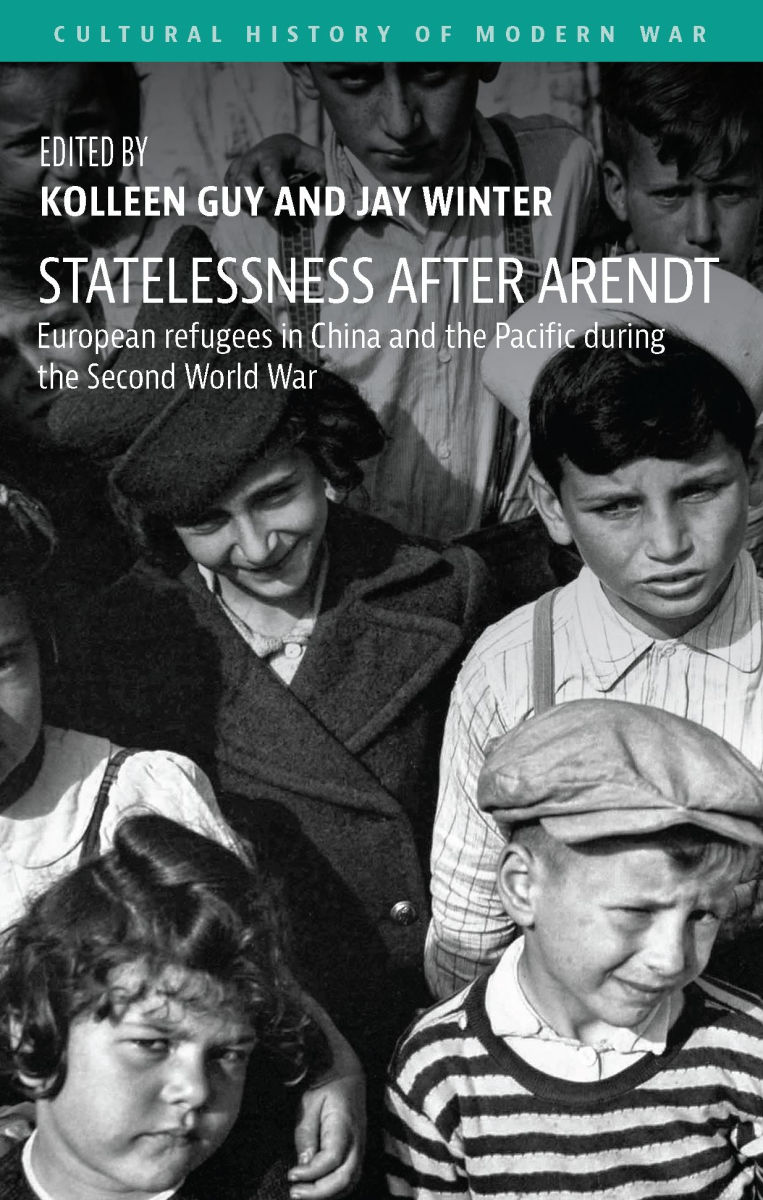Researchers at Duke Kunshan University are exploring what it means to live without a country and how empathy can help restore dignity and rights to those who have lost them.

The studies, supported by DKU’s Humanities Research Center, are led by Kolleen Guy, associate professor of history and associate dean of academic services at DKU, and Jay Winter, professor emeritus at Yale University and a distinguished visiting teaching scholar at DKU. Their work is inspired by Hannah Arendt, a renowned political thinker who fled Nazi Germany and wrote about the struggles of refugees and stateless people during the 20th century.
The first book, “Statelessness after Arendt: European Refugees in China and the Pacific during the Second World War,” focuses on people who had no country to call their own. Arendt’s book “The Origins of Totalitarianism” (1952) described how millions of refugees in Europe lost not only their homes but also their basic rights during the 1930s and 1940s.
Guy and Winter take Arendt’s ideas further by focusing on Asia and the Pacific instead of Europe. Their research shows that stateless people weren’t powerless—they often created their own ways of living and organizing, even without official recognition. The book, set to be published in May 2025, highlights how these individuals found ways to shape their own futures.
Nine DKU students participated in the project as research assistants, laying the foundation for the final manuscript.
The second project, “The Parapolitics of Empathy,” builds on the findings of the first study. While “Statelessness after Arendt” highlights how stateless people created their own forms of political life, this new project asks whether empathy can be a powerful tool in these efforts.
Guy and Winter believe empathy is key to helping stateless people and others who have been pushed to the margins of society. Drawing on ideas from cultural theorist Raymond Williams, they argue that empathy can combine emotion and thought to drive meaningful change. Their work focuses on individuals who used empathy to support stateless communities and turn compassion into action. Arendt argued in her book “On Revolution” (1963) that empathy could make it harder to take effective action, especially during the French and American revolutions.
Three DKU undergraduates joined this enterprise to work with Guy and Winter on the initial archival work, laying the foundation for the second book, The Parapolitics of Empathy.

